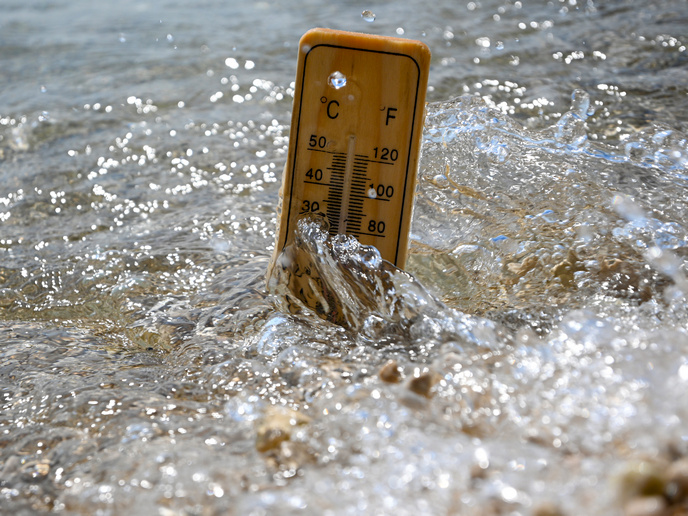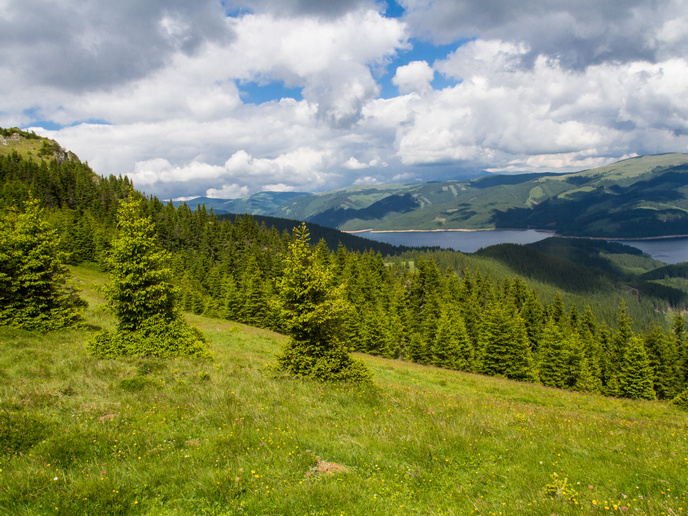Going underground for evidence of climate change
Caves across Europe have been examined by scientists for signs of climate change. Researchers from the Procavet project identified five suitable study sites located in the United Kingdom, France, Spain and Slovenia. Experts monitored temperature and changes to the cave environment and cave formations for evidence of global warming. Earlier records of conditions within the caves were also recovered and compared with the latest findings. Stalagmite samples were taken from all the different sites and analysed to determine the age of the cave. The results were compared with other techniques that employed hydrochemistry and Carbon-14 dating. Project partners also examined growth rates of stalagmites, which can give an indication of temperature changes over the previous decades. A computer model was used to explain the transfer of heat from the surface to the cave below. The model enabled researchers to gain a better understanding of the processes involved in the transmission of temperatures. The depth of each gallery is critical to the caves response to environmental change as heat is mainly transferred through conduction. Other important processes, apart from climate change, which can affect the temperature within the cave, include land use and loss of forest cover. Data from the Procavet project indicates that caves close to the surface are recording rises in temperature due to global warming, however, delays of up to several decades were recorded for galleries that are tens of metres deep. Work conducted by project partners showed that stalagmites were capable of recording environmental changes within the cave. The study of caves and cave formations by the Procavet consortium will provide scientists with an additional technique for gaining evidence climate change and increase their understanding of the problem.







